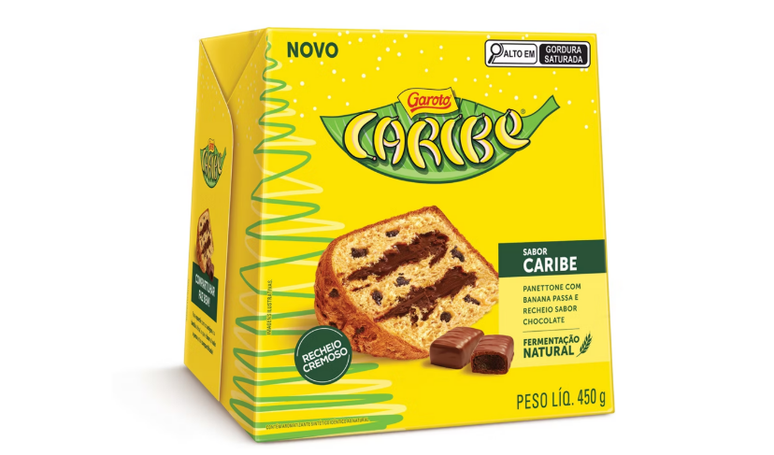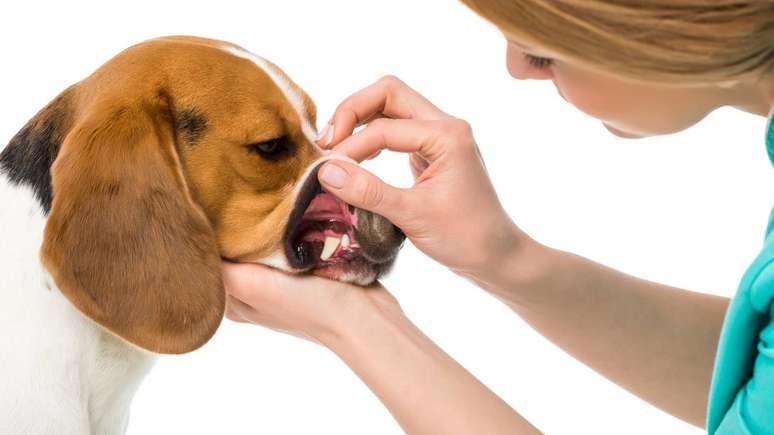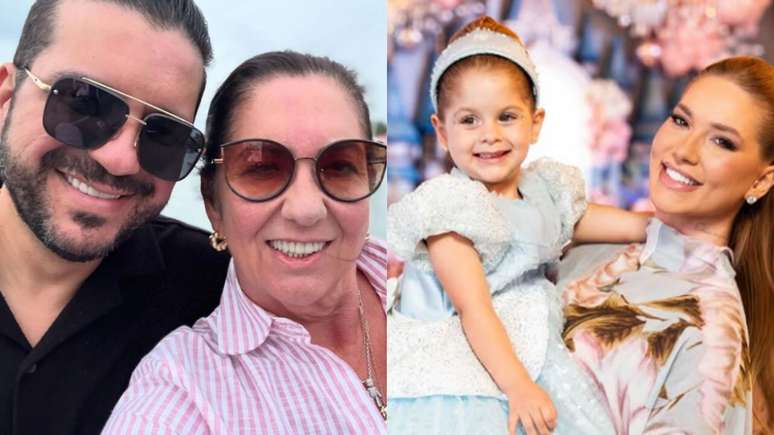For HPV, children aged 9 to 14 can be permanently vaccinated; meningococcus ACWY will be administered temporarily to unvaccinated adolescents between the ages of 11 and 14
Used in more than one hundred countries as a strategy for the prevention and reduction of diseases caused by the virus, such as cancer of the cervix, vulva, vagina, anal region, penis and oropharynx, the vaccine that protects against Human papillomavirus (HPV) it will be applied permanently to children between the ages of 9 and 10, a new age group incorporated into the target audience.
Under the Unified Health System (SUS), HPV immunization was only available in two doses (with an interval of six months between each) for girls aged 9-14 and boys aged 11 and 14 years. With the change, vaccination is now applied to everyone in the 9-14 age group, regardless of gender.
Incorporated staggered into the SUS starting in 2014, the The vaccine still applies in adolescence because it is more favorable for the vaccination to be carried out before the person has sexual activity.
People with HIV / AIDS, solid organ transplants, bone marrow and cancer patients, all between 9 and 26 years of age, can also receive the immunizer free of charge. For these patients, three doses are needed, with intervals of two and six months after the first.
HPV vaccine packaging. Photo: JF Diorio / Estadão
Virus transmitted through sexual intercourse or direct contact with infected skin or mucous membranesHPV is responsible for nearly all cases of cervical cancer, over 90% of anal cancers and 63% of penile cancers, as well as some other types of cancers, such as throat, vulva and vagina.
Also according to the Ministry of Health, it is estimated that Brazil has at least 10 million people infected with the Human Papillomavirus and that, every year, 700,000 new cases of infection appear. Worldwide, approximately 105 million people are positive for HPV 16 or 18.
Meningococcal ACWY
Based on research showing that the vaccines against meningococcus demonstrating a more robust immune response in adolescents, with persistence of protective antibodies for an extended period, the Ministry of Health has also decided to temporarily offer the meningococcal ACWY vaccine for the unvaccinated age group between 11 and 14 years.
According to the federal government, such trials supported the National Immunization Program (PNI) to include booster doses with meningococcal conjugate vaccines during adolescence in the National Vaccination Calendar.
The immunizing agent against meningitis is available on the National Vaccination Calendar for adolescents between 11 and 12 years, but until June 2023 those between 13 and 14 years will also be able to receive the dose. According to the file, the expansion aims to reduce the number of carriers of the bacteria in the nasopharynx.
The Ministry of Health also declares to distribute the ACWY meningococcal vaccine (conjugate) monthly in the States. The indication is to take a dose or a booster, depending on the vaccination situation.
According to the chart, the age group at greatest risk of the disease is children under one year of age, but adolescents and young adults are mainly responsible for maintaining the circulation of the disease. For babies aged 3 months to 12 months, the vaccine offered by SUS remains meningococcus C.
to know more
THE meningococcal meningitis it is transmitted by a group of bacteria called meningococcus, and causes inflammation in the meninges, the membrane that surrounds the brain and spinal cord. Transmission occurs through the respiratory tract, that is, through the air. It can leave sequelae of neurological, auditory and chronic pain.
In Brazil the most common is type C (which affects 80% of cases), followed by type B.. Types A, W and Y are less common. Vaccines are considered the best way to prevent meningitis and are specific to each serogroup.
Meningococcal vaccine C
Since July, the PNI has also recommended expanding the number of people eligible to receive the vaccine. meningococcal C (conjugate), which involves health workers and children up to 10 years of age. The target audience is extended until February 2023 and aims to protect the population from serogroup C meningococcal disease.
The immunizer is part of the National Vaccination Calendar, with two doses indicated, at 3 and 5 months of age and a booster preferably at 12 months of age. According to the new guidelines from the Ministry of Health, if children up to 10 years old have not been vaccinated, they should take one dose of meningococcus C. Healthcare professionals, even with the full vaccination schedule, can be vaccinated with an extra dose.
Source: Terra
Benjamin Smith is a fashion journalist and author at Gossipify, known for his coverage of the latest fashion trends and industry insights. He writes about clothing, shoes, accessories, and runway shows, providing in-depth analysis and unique perspectives. He’s respected for his ability to spot emerging designers and trends, and for providing practical fashion advice to readers.









